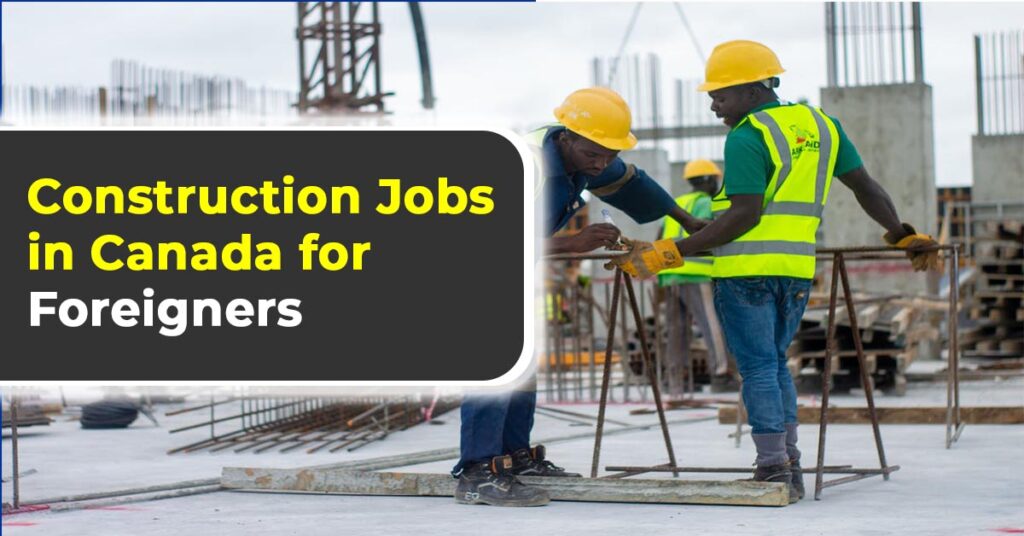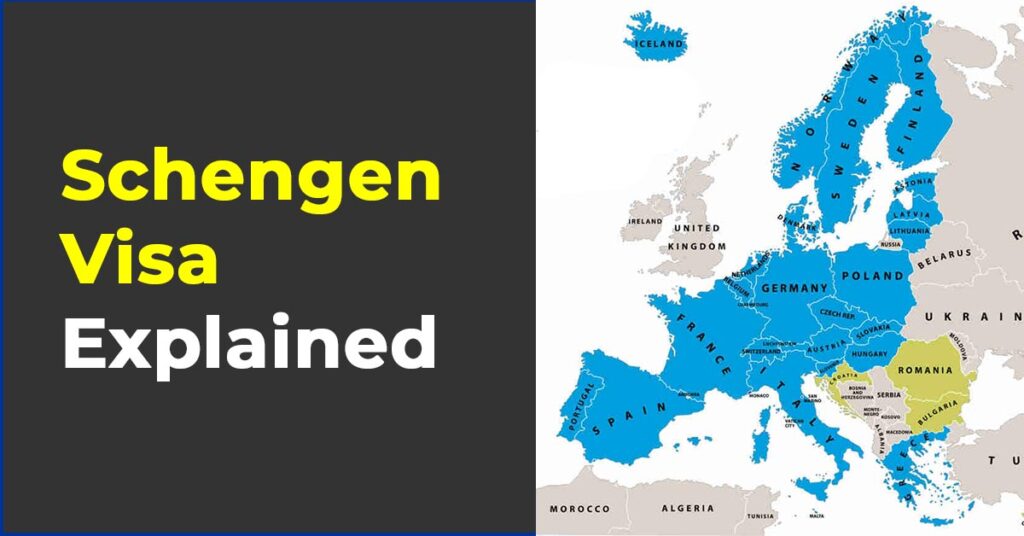For foreigners looking to work in Canada, the construction industry offers numerous opportunities. This sector is growing steadily, creating a demand for skilled and unskilled workers. In this article, we’ll explore the landscape of construction jobs in Canada for foreigners, covering types of jobs, eligibility, and the process to secure these positions.
Understanding the Construction Industry in Canada
Canada’s construction sector is diverse, encompassing residential building, commercial construction, and infrastructure projects. There’s a consistent demand for various roles, from skilled trades like electricians and carpenters to laborers and project managers.
Types of Construction Jobs Available for Foreigners
- Skilled Trades: Electricians, plumbers, carpenters, welders, and HVAC technicians.
- Unskilled Labor: General laborers, helpers, and cleaners.
- Management Roles: Project managers, site supervisors, and safety officers.
- Engineering Positions: Civil, mechanical, and electrical engineers.
Eligibility and Requirements
- Work Permit: Most foreign workers need a valid work permit. Certain trades may qualify under the Temporary Foreign Worker Program or the Federal Skilled Trades Program.
- Skills and Qualifications: For skilled trades, relevant training and certifications are necessary. For unskilled labor, physical fitness and willingness to learn on the job are key.
- Language Proficiency: While not always mandatory, proficiency in English or French is advantageous.
Check out these important articles:
How to Find Construction Jobs in Canada
- Online Job Portals: Websites like Indeed, Monster, and Canada’s Job Bank list construction jobs.
- Recruitment Agencies: Some agencies specialize in placing foreign workers in Canadian construction jobs.
- Networking: Connect with professionals in the industry through platforms like LinkedIn.
- Canadian Construction Associations: Check the websites of provincial or national construction associations for job postings.
Work Permit Process
Wages in Canadian Construction Jobs and Possibilities for Permanent Residency (PR)
Wages in Canadian Construction Industry
The wages for construction jobs in Canada vary based on several factors including the type of job, the worker’s experience, the geographical location, and the demand for specific skills. Here’s a general overview:
Skilled Trades: Skilled workers such as electricians, plumbers, and carpenters typically earn higher wages due to specialized skills. On average, they can earn between CAD $20 to $40 per hour.
Unskilled Labor: For general laborers and entry-level positions, the wages are usually lower. These positions might start at around CAD $15 to $25 per hour.
Management and Engineering Roles: Project managers, engineers, and other professionals in the construction industry can earn significantly higher salaries, sometimes ranging from CAD $30 to over $50 per hour.
Regional Variations: Wages can be higher in regions with a booming construction market, like British Columbia, Alberta, and Ontario.
Possibilities for Permanent Residency (PR)
Working in the construction industry in Canada can indeed open pathways to permanent residency, especially for skilled tradespeople. Here are some options:
Federal Skilled Trades Program (FSTP): Part of the Express Entry system, this program is designed for skilled workers in trades. Eligibility depends on factors like work experience, language proficiency, and education.
Provincial Nominee Programs (PNPs): Many Canadian provinces have their own immigration programs targeting skilled workers, including those in construction. These programs often lead to PR.
Canadian Experience Class (CEC): Under Express Entry, the CEC is aimed at those with Canadian work experience, including in the construction sector.
Atlantic Immigration Pilot Program: For workers in Atlantic Canada, this program can provide a route to PR, including for certain jobs in construction.
Key Points to Consider
- Language Proficiency: For most PR programs, proficiency in English or French is a requirement.
- Work Experience: Accumulating Canadian work experience greatly enhances your eligibility for PR.
- Legal Status: Maintaining legal work status in Canada is crucial for applying for PR.
Conclusion
The construction industry in Canada not only offers competitive wages but also potential pathways to permanent residency, especially for skilled tradespeople. It’s important to gather relevant Canadian work experience and meet other criteria like language proficiency to increase your chances of obtaining PR. For detailed information on immigration programs and eligibility, visit the Immigration, Refugees and Citizenship Canada (IRCC) website.




